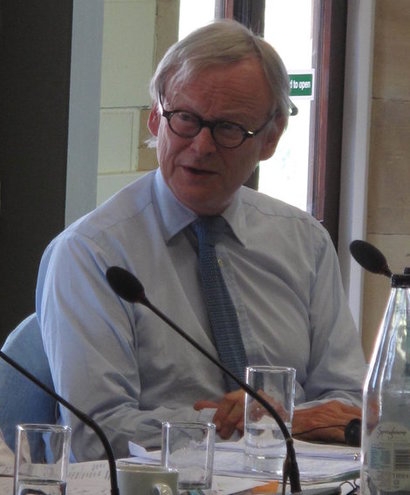
In the Foreword to the report, Lord Deben, Chairman of the CCC, writes that “despite important achievements in renewable energy and electric vehicles, the Government is failing in much of its implementation” and that “Sharply rising fuel costs should have given added impetus to improving energy efficiency, yet the necessary programmes are not in place.
Lord Deben further writes:
“We are still building new homes that do not meet minimum standards of efficiency and will require significant retrofitting. Not only are we waiting for the promised Future Homes Standard but there is as yet no sign of the changes in the planning system necessary to reflect Britain’s legal obligations for climate mitigation.”
The report’s key messages are as follows:
The UK Government now has a solid Net Zero strategy in place, but important policy gaps remain. The country’s emission targets are internationally recognised as being compliant with the Paris Agreement and the UK does have a credible strategy to meet them. However, although the Government has raised ambition across the board, policies are not yet fully in place to drive the large programme of delivery required this decade. Policy gaps must be closed, including on land use, the environment, energy efficiency of buildings, waste management, agriculture and achieving full electricity decarbonisation by 2035.
Tangible progress is lagging the policy ambition, therefore greater emphasis must be placed on delivery in order for the UK’s climate ambitions to be credible.
Successful delivery of changes on the ground requires active management of delivery risks.
Action to address the rising cost of living should be aligned with Net Zero. There remains an urgent need for action to reduce demand for fossil fuels to reduce emissions and limit energy bills. This could be implemented on a timescale that will people to cope with currently very high energy prices, including a sustained push for both energy efficiency improvements and electrification, alongside deployment of onshore wind and solar, which can occur significantly quicker than offshore wind deployment. Experience from the Green Homes Grant suggests that local authorities could play a significant role in near-term delivery of energy efficiency measures, while concern about high fossil fuel prices has created a window to encourage even faster decarbonisation. This should include an objective of driving the uptake of heat pumps through the Boiler Upgrade Scheme and the urgent implementation of the Government’s planned energy advice service this summer.
The Government needs to make it easier for everyone to contribute to Net Zero. There is no Government public engagement strategy as yet, three years since Net Zero was placed in legislation. The Treasury has not yet set out how the full range of costs and benefits of the transition will be shared fairly and it is not clear how central, devolved and local government will operate coherently towards the Net Zero goal.
The UK must build on a successful COP26, including better transparency and reporting while strengthening the delivery aspects of the UK’s Nationally Determined Contribution (NDC) 2030 emissions reduction commitment. Across the remainder of the UK presidency, and beyond as an international climate leader, it is vital that the UK maintains its credibility by taking effective action at home, on both reducing emissions and adapting to climate change, and in its response to the international fossil fuel price crisis.
For additional information:

